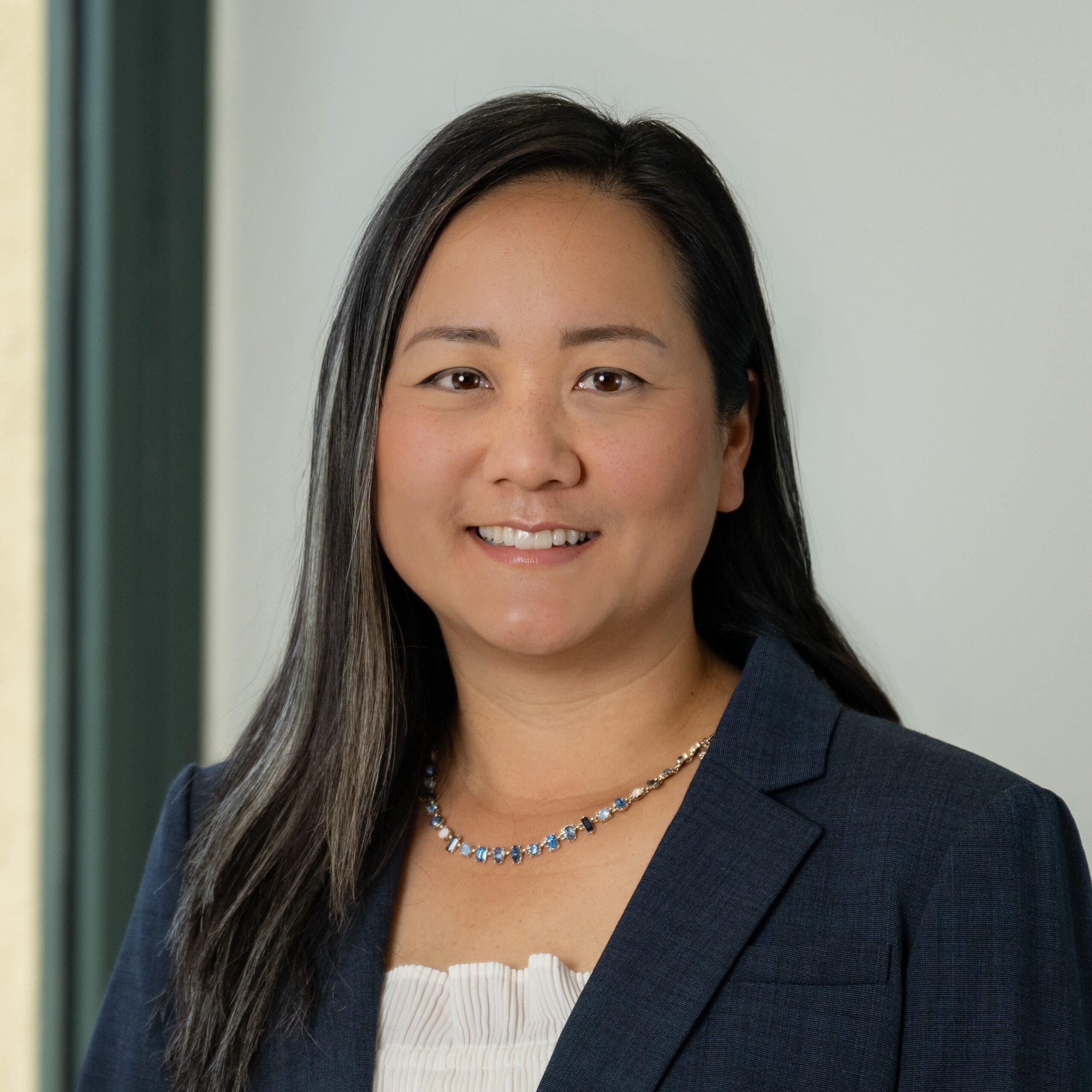The start of a new year often inspires reflections on the past, with renewed effort to apply any lessons we've learned to try to anticipate

Charitable Giving Strategies Ranging from Simple to Complex
As the end of 2025 approaches, with it comes the possible reduction of the lifetime exemption, prompting clients to engage their estate planning attorney and Sand Hill Wealth Manager for guidance. For those that have interest in supporting their favorite charitable organizations with large gifts, it may be worthwhile to discuss charitable giving strategies during those meetings with their professional team.
For tax-savvy donors seeking to accomplish their philanthropic goals in a smart way, donors can contribute long-term appreciated stock to avoid capital gains, as well as taking advantage of IRA Qualified Charitable Distributions (QCD) that satisfy retirement required minimum distributions and fulfill charitable goals. With the passing of 2022’s SECURE Act 2.0, QCD limits are now indexed for inflation, increasing the 2024 limit to $105,000 for those age 70½ and older. In terms of planned legacy giving, donors can name specific nonprofits in their estate plan or multi-year tax and income planning. Often it is in the form of a direct gift written into their revocable living trust or retirement account beneficiary designation.
Recently, I sat down with local nonprofit Peninsula Open Space Trust’s Director of Planned Giving, Jeanine Crider, and she was able to share some of the more complex giving strategies that her organization has had success with. Many larger, established nonprofits may have the capability and capacity to receive complex gifts, such as real property, for example. They can work with individuals to establish Charitable Remainder Unitrusts (CRUT), which provide a charitable deduction at trust funding, income payments for a specified term, and the avoidance of capital gains tax by funding the trust with appreciated assets. At the end of the CRUT term, the remainder trust assets are left to the named charitable beneficiary(ies). Often, donors think of funding these types of charitable vehicles only with appreciated securities, but illiquid assets such as rental properties or some life insurance policies can also be gifted.
To expand on the CRUT concept, there is an even more nuanced strategy called a Flip CRUT that could be a solution for certain illiquid assets, such as real property. It allows the donor to receive the charitable deduction at funding but delays the full income payments to a later date when a specified triggering event takes place, such as attainment of a certain age by the non-charitable beneficiary. A Flip CRUT starts as a Net Income with Make-Up Charitable Remainder Unitrust (NIMCRUT) and in this stage, the annual income stream is the lesser of the trust’s net income (think rents collected on a rental property minus expenses) or the standard payout calculated as a fixed percentage of the trust’s assets each year. Once the triggering event takes place and the trust is flipped into a standard CRUT, the standard percentage-based income stream prevails. This can be advantageous if the triggering event timing coincides with the sale of a property inside the Flip CRUT, with the proceeds reinvested into a diversified portfolio owned by the resulting (post-Flip) CRUT.
As highlighted above, there are many ways to accomplish one’s philanthropic goals ranging from straight forward to very complex. When partnering with non-profit organizations, plus one’s broader professional team to include their Wealth Manager, estate planning attorney and tax advisor, individuals should feel confident they are structuring their planned charitable giving in the most effective way to meet their long-term goals.
Source: IRS
Peninsula Open Space Trust (POST) is a regional non-profit land trust working to protect open space on the Peninsula and in the South Bay to benefit people and the environment alike. They report conserving over 87,000 acres so far, including land that has been incorporated into public preserves, as well as land that provides essential habitat for wildlife. To learn more about POST, please visit www.openspacetrust.org.
Articles and Commentary
Information provided in written articles are for informational purposes only and should not be considered investment advice. There is a risk of loss from investments in securities, including the risk of loss of principal. The information contained herein reflects Sand Hill Global Advisors' (“SHGA”) views as of the date of publication. Such views are subject to change at any time without notice due to changes in market or economic conditions and may not necessarily come to pass. SHGA does not provide tax or legal advice. To the extent that any material herein concerns tax or legal matters, such information is not intended to be solely relied upon nor used for the purpose of making tax and/or legal decisions without first seeking independent advice from a tax and/or legal professional. SHGA has obtained the information provided herein from various third party sources believed to be reliable but such information is not guaranteed. Certain links in this site connect to other websites maintained by third parties over whom SHGA has no control. SHGA makes no representations as to the accuracy or any other aspect of information contained in other Web Sites. Any forward looking statements or forecasts are based on assumptions and actual results are expected to vary from any such statements or forecasts. No reliance should be placed on any such statements or forecasts when making any investment decision. SHGA is not responsible for the consequences of any decisions or actions taken as a result of information provided in this presentation and does not warrant or guarantee the accuracy or completeness of this information. No part of this material may be (i) copied, photocopied, or duplicated in any form, by any means, or (ii) redistributed without the prior written consent of SHGA.
Video Presentations
All video presentations discuss certain investment products and/or securities and are being provided for informational purposes only, and should not be considered, and is not, investment, financial planning, tax or legal advice; nor is it a recommendation to buy or sell any securities. Investing in securities involves varying degrees of risk, and there can be no assurance that any specific investment will be profitable or suitable for a particular client’s financial situation or risk tolerance. Past performance is not a guarantee of future returns. Individual performance results will vary. The opinions expressed in the video reflect Sand Hill Global Advisor’s (“SHGA”) or Brenda Vingiello’s (as applicable) views as of the date of the video. Such views are subject to change at any point without notice. Any comments, opinions, or recommendations made by any host or other guest not affiliated with SHGA in this video do not necessarily reflect the views of SHGA, and non-SHGA persons appearing in this video do not fall under the supervisory purview of SHGA. You should not treat any opinion expressed by SHGA or Ms. Vingiello as a specific inducement to make a particular investment or follow a particular strategy, but only as an expression of general opinion. Nothing presented herein is or is intended to constitute investment advice, and no investment decision should be made based solely on any information provided on this video. There is a risk of loss from an investment in securities, including the risk of loss of principal. Neither SHGA nor Ms. Vingiello guarantees any specific outcome or profit. Any forward-looking statements or forecasts contained in the video are based on assumptions and actual results may vary from any such statements or forecasts. SHGA or one of its employees may have a position in the securities discussed and may purchase or sell such securities from time to time. Some of the information in this video has been obtained from third party sources. While SHGA believes such third-party information is reliable, SHGA does not guarantee its accuracy, timeliness or completeness. SHGA encourages you to consult with a professional financial advisor prior to making any investment decision.








